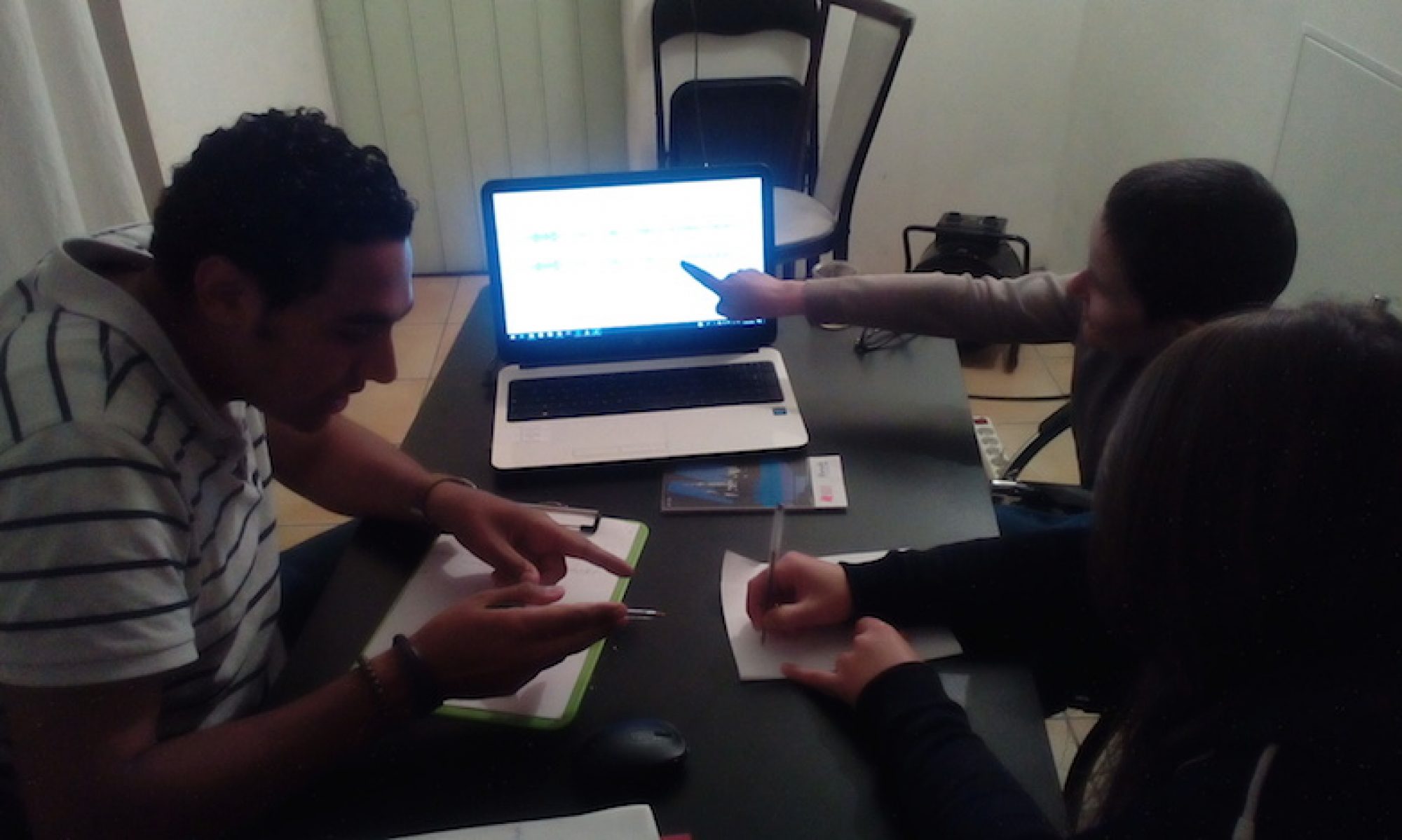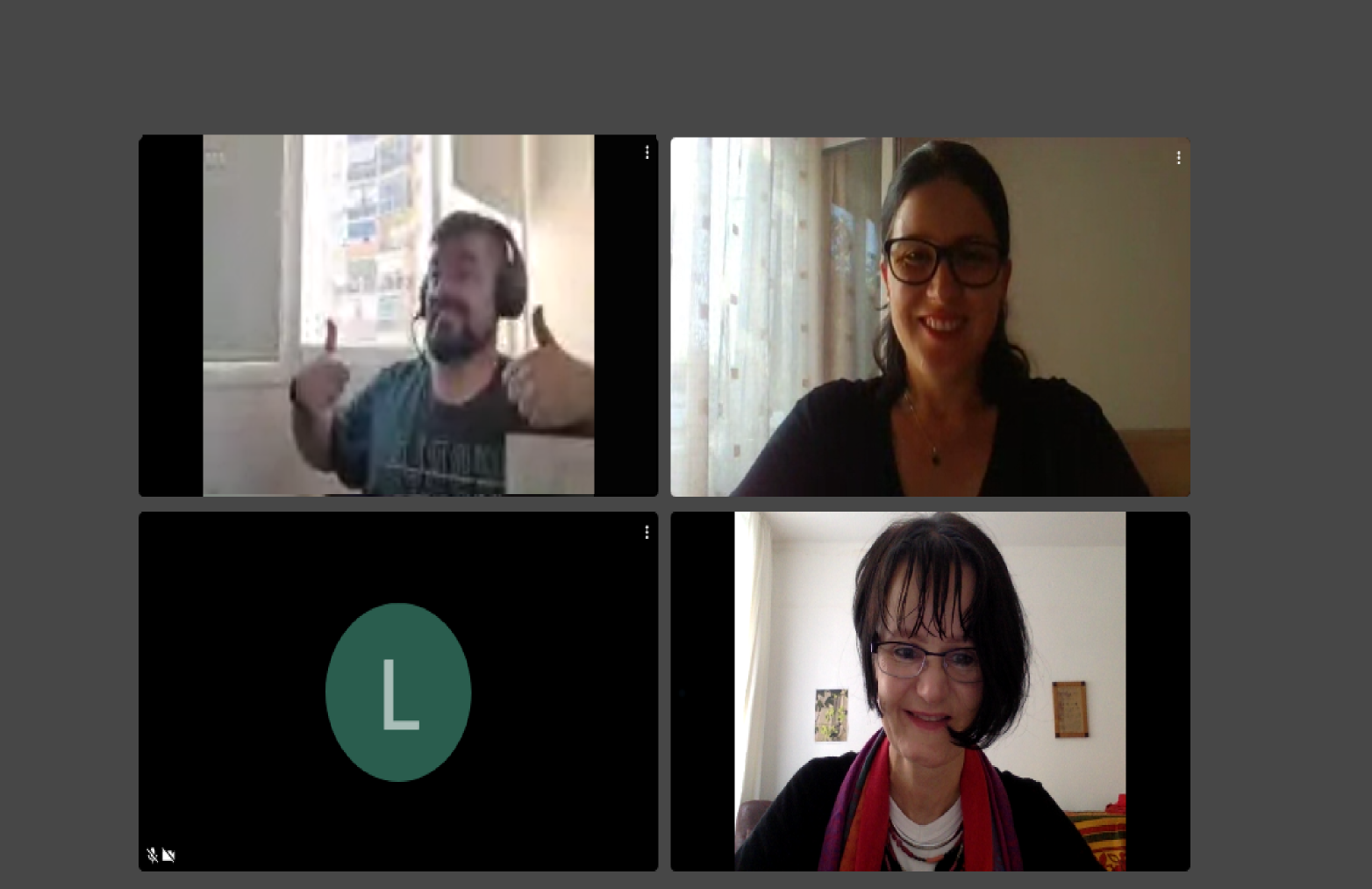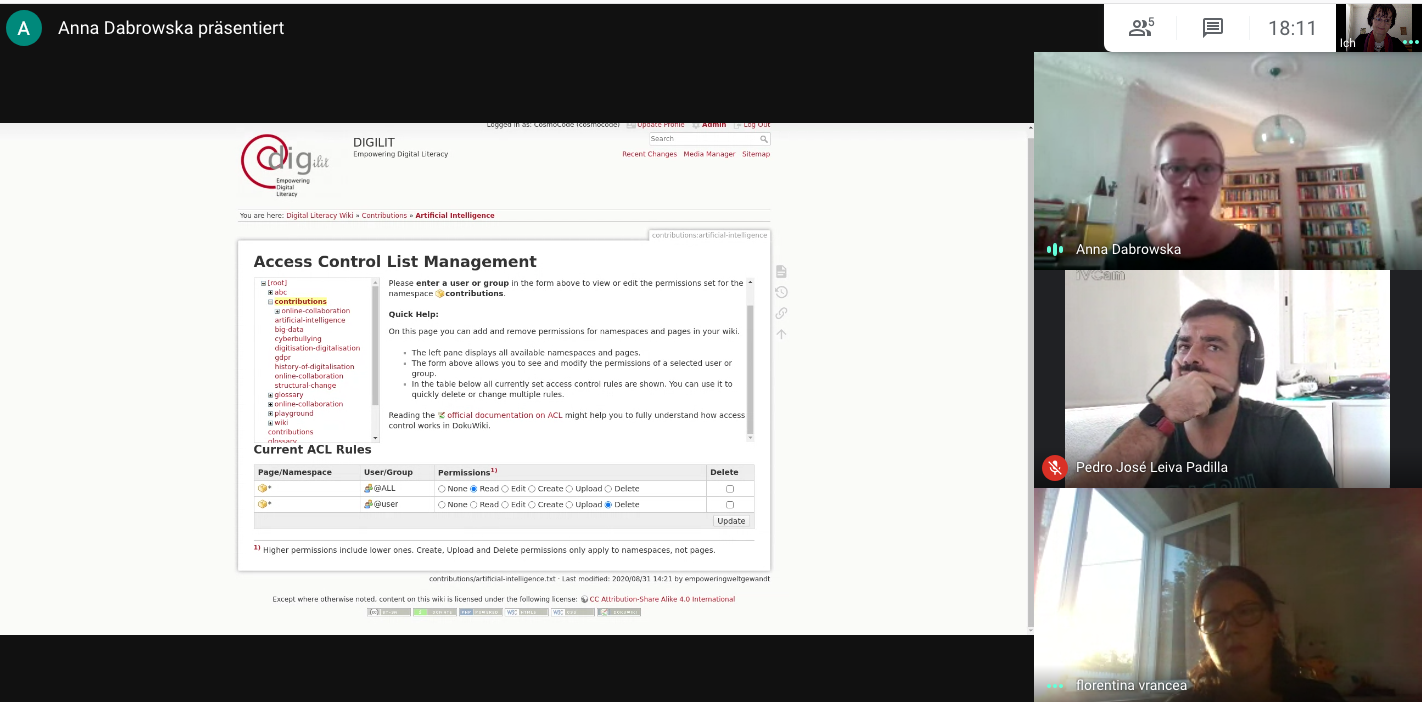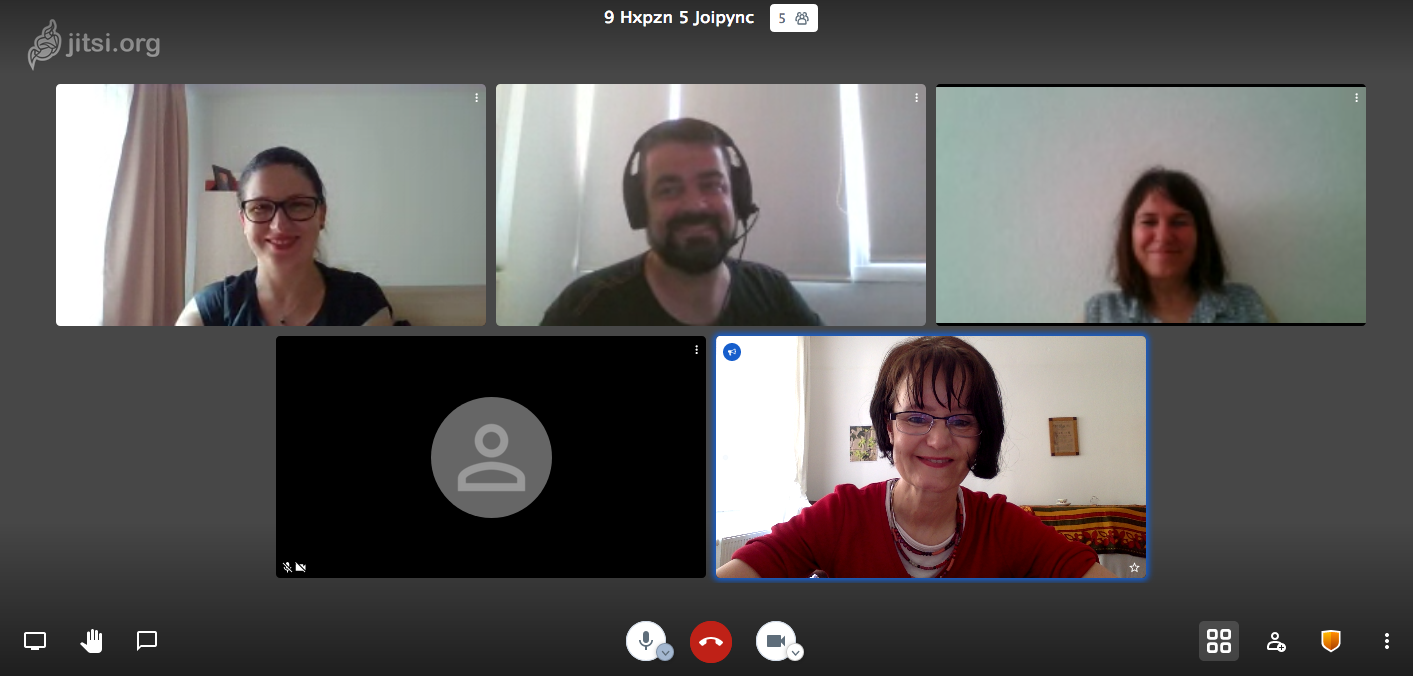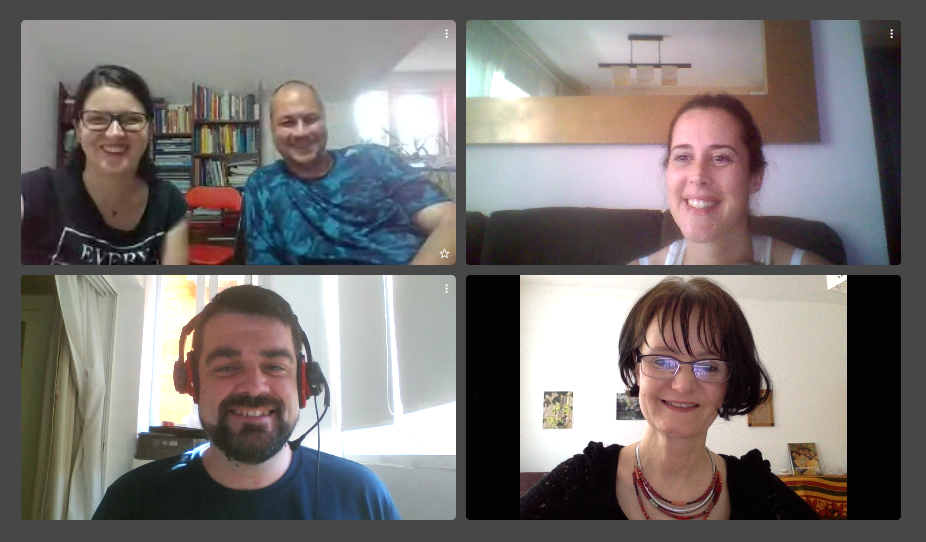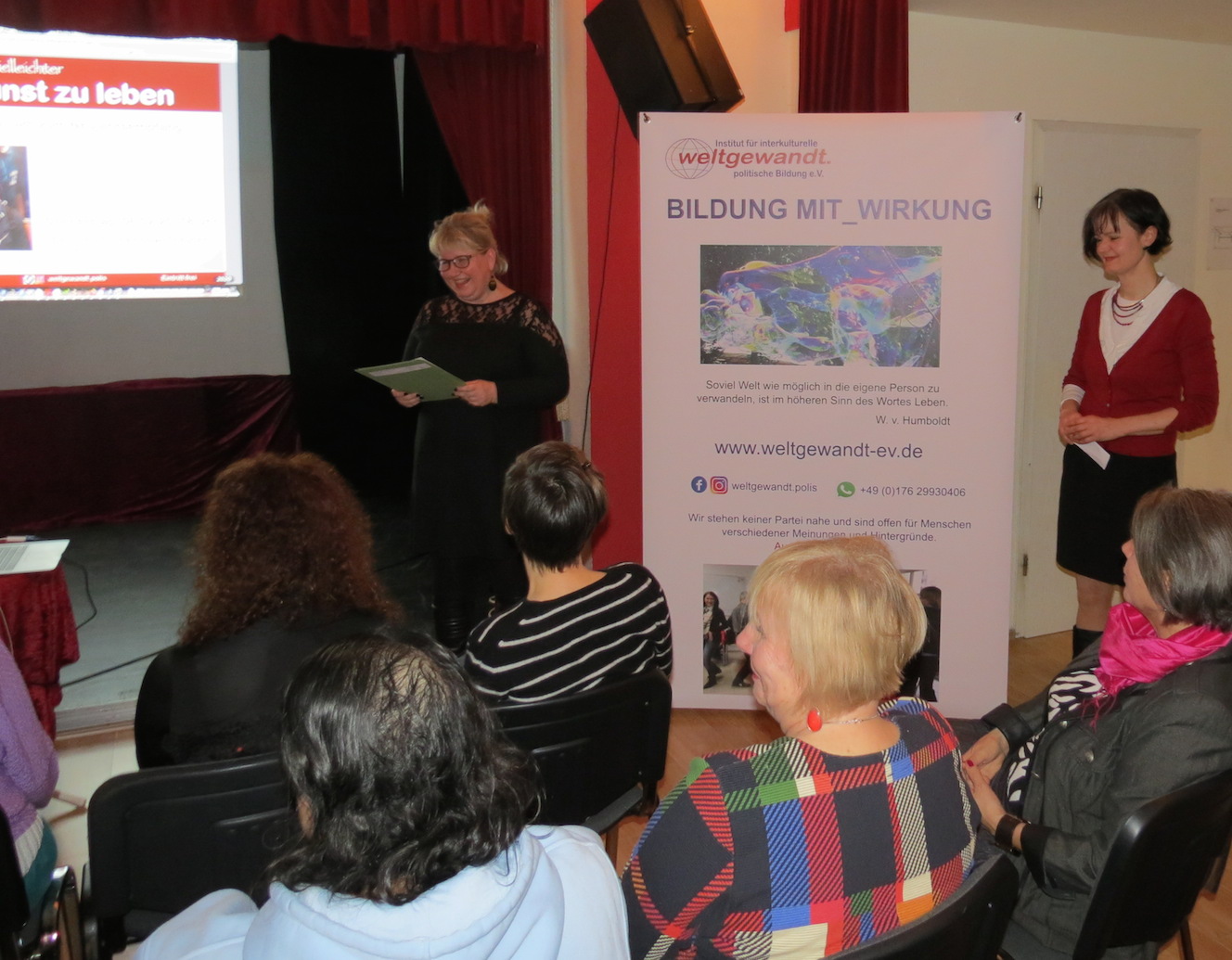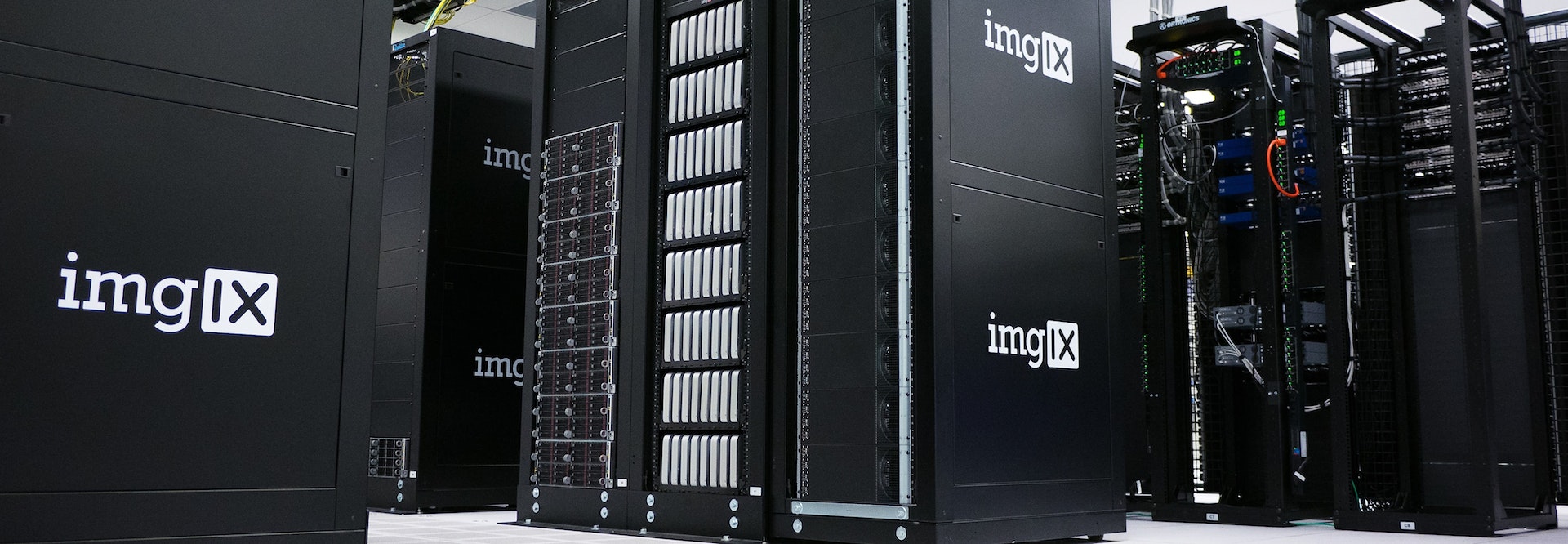Our final virtual project meeting on 31/08/2020 was dedicated to more practical questions: How can we move on disseminating our wiki after the project’s end? What about the project’s impact for the participating colleagues, its organisations, their local / regional surroundings? Which were the charming aspects of the whole project? What difficulties did occur and what to learn from them? What questions remain regarding the digitalisation? A meeting which showed that after 2 years we got quite familiar to each other and communication as well as cooperation works. 🙂
How to create a wiki?
“Absolutely great and amazing.”
“Consolidating information. Like a last part of a lesson.”
“Learned to make use of plugins.”
Three feedbacks of the three participants who got the chance to attend a more than two hours webinar on how to create a wiki. Hold by Anna Dobrowska from CosmoCode, she explained the colleagues from our consortium how to create pages, manage the admin section and the navigation, and introduced in the world of plugins for this wiki. An inspiring, rich of content, and encouraging learning experience!
Website webinar
“I feel more literate to create a website.”
“A very, very nice description of the necessary steps.”
“I got a global image on wordpress websites, pages, posts, plugins, menus.”
“A good example of distance learning.”
Four feedbacks on the internal webinar about building one’s own website with participants from Focsani/Romania, Málaga and Berlin. The idea of sharing this knowledge came during the project and results from a raising interest in the world of digitalisation and the wish of being not only a consumer but also a producer of content. The three-hours interactive webinar encompassed basics like developing a website’s concept in the beginning (idea, aims, target groups, main messages, etc.), writing draft texts, respecting authors and photographers rights, and others. In the practical part were shown the world of designs/themes, how to create a page and a post, how to translate them, and what should be taken into consideration when arranging the menus. Some plugins were presented. A separate part was dedicated to the page builder elementor. The main aim was to stimulate motivation and to leave only a small place for the fear…
… to do it oneself.
Virtual Project Meeting
Framatalk/Jitsi meet, GotoMeeting, ClickMeeting, zoom, Skype, Blizz, Adobe Connect, Nextcloud: Many video conferences take place in these Corona times. Ours on 25th June 2020 replaced a face-to-face meeting in Berlin. So, weltgewandt team members ‘welcomed’ colleagues from Romania and Spain virtually. One of the topics was the project’s wiki. The “Erasmus+ spirit” of cooperation and sharing knowledge was once again fully felt. 🙂
The wiki is …
O N L I N E !
What is it about?
We are experiencing a world in transformation. This includes digitalisation. The corona pandemic is increasing the use of digital means for communication and business. This is not only a technological change, it also affects the individual’s behaviour, the ways of living together, society and politics. To understand the new, to meet it confidently, to develop digital maturity is a learning task for everyone. Hence this Wiki.
Who is this platform for?
Adult educators and European citizens with an interest in society, politics and the future.
What do we offer?
We understand digitalisation as a process that presupposes and promotes technological change, brings change for the whole society and is politically framed. Digital literacy does not mean adapting to technological change in the best possible way only. Acquiring technological knowledge and skills goes along with developing an awareness of the various dimensions of digitalisation and to ask how it can be shaped so that digitalisation serves the well-being of all. To this end, we offer various considerations. Moreover, the contributions contain descriptions of formal and non-formal training methods. They were tested in joint workshops to be applied in adult education.
Who informs?
The authors are adult educators from Germany, France, Romania and Spain. The idea of this cooperation is combining our different competences as IT teachers, engineers, psychologists and social scientists and work with both formal and non-formal methods for adult education.
Enjoy reading. Write comments. Get in touch with us.
H E R E Y O U G O …
Photo by Joshua Sortino on unsplash.com
AMEFE Events – Malaga
We started the events for the dissemination of the project in Malaga, with the intention of reaching the maximum number of educational professionals, and to let them know about our work during the time we have been working on the project “Empowering Digital Literacy; DIGILIT”.
Below you can see a summary of our first event.
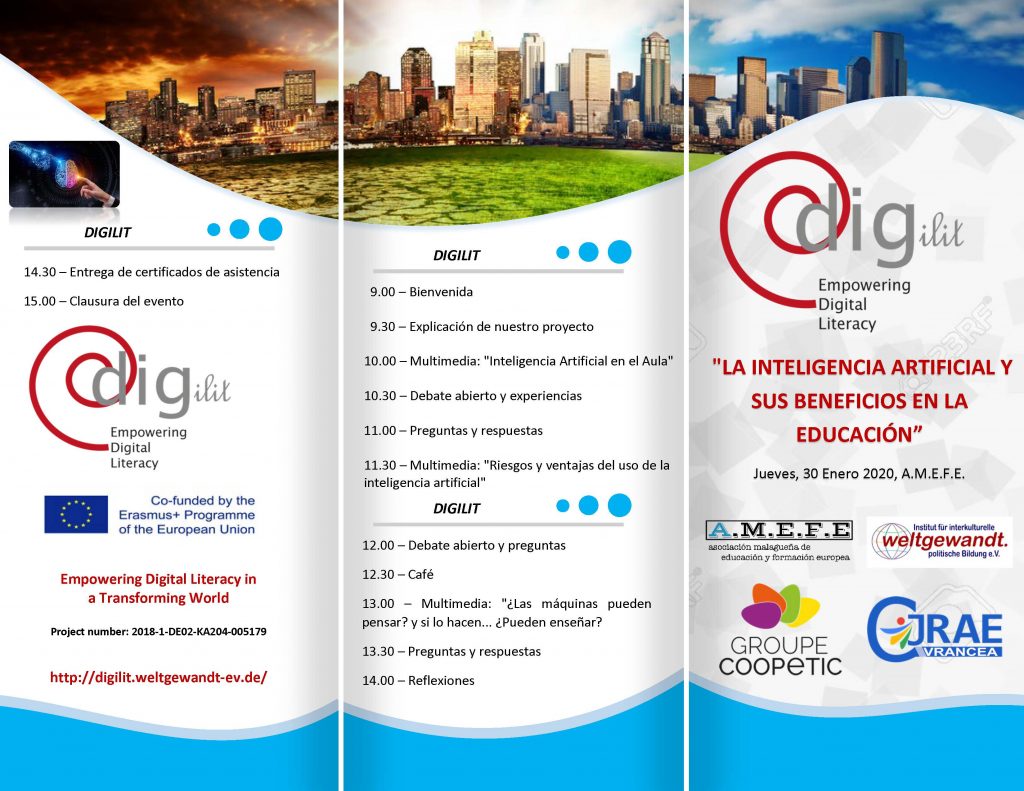
Digital literacy on the spot
weltgewandt e.V. presents the project in Berlin-Marzahn
This year’s New Year’s reception of weltgewandt e.V. on 6th February 2020 was held under the slogan «The art to live». An art of life may also be to cope with digitalisation. Smartphones, online meetings, artificial intelligence make many things easier. With big data and surveillance, however, digitalisation promotes developments that require democratic control. During the presentation of the DIGILIT project, these various aspects were discussed. At the end of the well-attended evening, one visitor said: «Now I understand much better what weltgewandt e.V. is making.“
The second local event was planned for summer 2020 and should be part of our project management course. However, due to the Corona Pandemic, this will be postponed.

Filter, Fake, Fidelity. The Current Structural Change of the Public Sphere
In times of internet and social media, there is a shift in the understanding of what public sphere might be. Wiki contribution about the democratic resources of public discourse, fakes and the need of fidelity. In German, soon in English, when the project’s wiki will be published.
Big Data
Wiki contribution to Big Data:
Big data refers to large amounts of data that are collected, stored, processed and analysed using specific methods. It is impossible to imagine the economy and society without data; it is obtained from people’s activities on the Internet and via mobile phones, it is the basis for activities on the financial markets, relevant in the energy industry, health care and transport; they are covered by the use of credit and customer cards, surveillance cameras, airplanes and vehicles, chatting via WhatsApp, postings on Facebook (or any other provider), the use of assistive devices such as Alexa or Siri, the use of fitness wristwatches and soon the use of “intelligent refrigerators”, the “intelligent”, smart table lamp, face recognition at train stations, body scanning at airports, “social scoring” and so on. and so on.
Data represent a significant economic factor and growth engine. The generation and use of data on a large scale also raises questions about the political control of developments: Who has access to the data? How can abuse of data be prevented, how can transparency be ensured? How can it be prevented that data is withdrawn from social, democratic control, for example by handing it over to secret services? Attempts to regulate the generation and use of data to protect personal rights are formulated in data protection regulations.
Click here for the full article. Enjoy reading!
Picture: imgix on unsplash.com
Analogue digital learning: workshop in Málaga/Spain, February 2020
Anaïs Girard-Blanc, free-lancer and filmmaker of the French partner organisation COOPETIC, has attended the Learning Training Teaching Activities (LTTA) in Málaga from 18th to 23rd February 2020. She made a short video to show how playful and cooperative but also very rich in content our exchanges were. Coopetic and the hosting Spanish organisation Ameyfe have joined their forces to present interactively how it is possible to cooperate with digital tools and to bring technological topics without technology on the agenda: exactly what could be of great use when we try to adress digital literacy!
